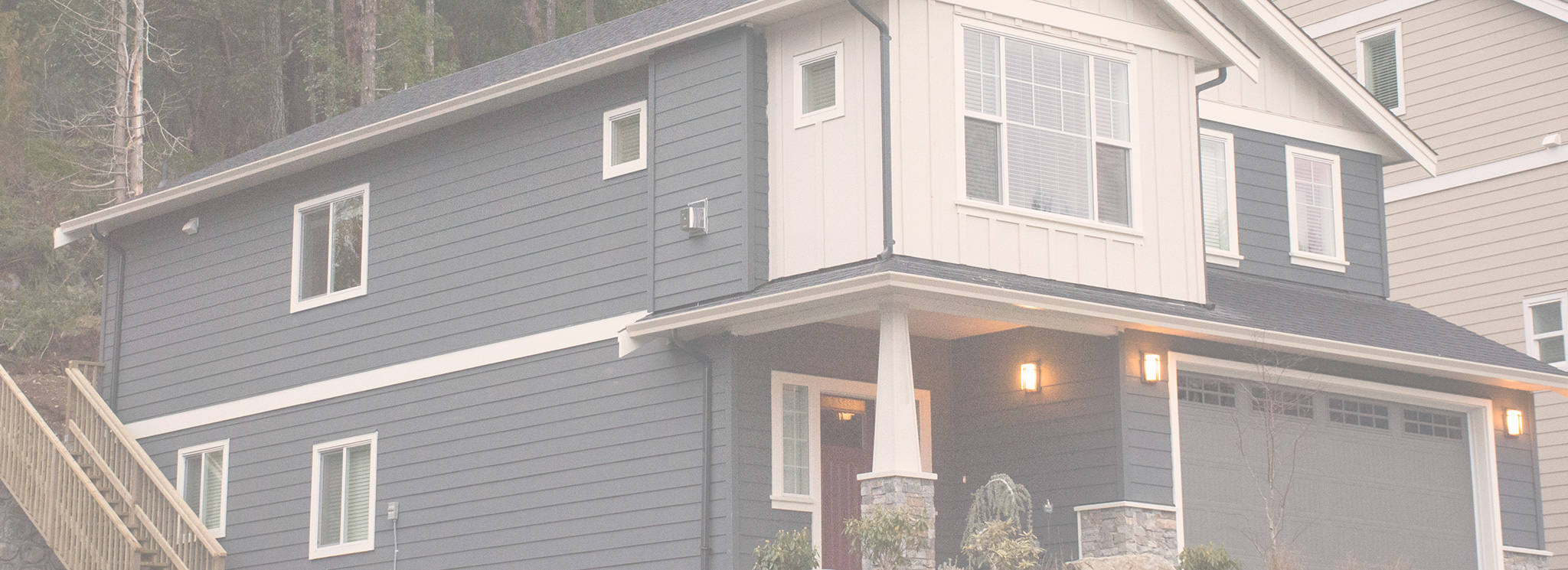 Now that you have a gorgeous brand new quartz countertop – here is what you need to know to keep it shiny and bright. With proper care and very basic cleaning techniques, your quartz countertop should look new for many years to come. Engineered from natural stone (usually about 94%), synthetic polymers and pigments for color, you would be hard-pressed to find a countertop material that can beat quartz when it comes to durability. Like granite, quartz countertops are beautiful and somewhat expensive. Unlike granite, quartz is flexible, easy to install and more resistant than granite when it comes to scratches, scorching and stains.
Now that you have a gorgeous brand new quartz countertop – here is what you need to know to keep it shiny and bright. With proper care and very basic cleaning techniques, your quartz countertop should look new for many years to come. Engineered from natural stone (usually about 94%), synthetic polymers and pigments for color, you would be hard-pressed to find a countertop material that can beat quartz when it comes to durability. Like granite, quartz countertops are beautiful and somewhat expensive. Unlike granite, quartz is flexible, easy to install and more resistant than granite when it comes to scratches, scorching and stains.
No Sealing Required – Ever
Quartz countertops are non-porous and will never require sealing upon installation or at any point in their lifespan. This non-porous quality makes quartz an excellent choice for the kitchen as it affords built-in protection against microbes and food-borne illnesses. Since quartz is naturally glossy, no polishing is required. Quartz is truly maintenance free! Granite countertops may be equally eye-catching, but granite requires frequent polishing and a sealing topcoat at least once a year to maintain appearance.

Non-Abrasive Cleansers
For everyday cleaning and small spills, use a soft cleaning cloth or sponge made for non-stick pans with glass cleaner or a gentle, non-abrasive kitchen surface cleaner such as Windex or Fantastik. Wipe gently as excessive force is not needed. Coffee, wine or tomato stains may require a little soaking. Just spray the stained area and let it soak for ten minutes before wiping. Ink, makeup, permanent markers and paint drippings can be removed with a plastic or rubber putty knife and an oil-based cleanser such as Goo Gone or Goof Off. The main thing to avoid when wiping down your quartz surfaces are abrasive cleaners and scratchy cleaning pads or steel wool. Over time, use of such harsh products could wear away at the countertop’s natural gloss.

Avoid the Heat and Stay Out of the Sun
While quartz countertops are extremely resistant to scorching and heat, they are not indestructible. They can resist scorching up to 150 degrees Celsius, but like any countertop material, can be damaged as a result of thermal shock following sudden temperature change. To avoid this, it is always a good idea to use hot pads and trivets to protect any countertop. To date, no one has figured out a way to protect quartz countertops from discoloring caused by UV rays from the sun. For this reason, quartz is not recommended for outdoor areas.
The kitchen is the heart of the home and you have made an excellent decision in choosing quartz countertops. Follow these simple cleaning tips, avoid harsh chemicals, abrasive cleaners and scouring pads and you should enjoy your stunning quartz countertops for many years to come.


